Tags
1700, Benjamin Eliot, Boston, Concord, demonic possession, Elizabeth Knapp, English, Great Migration, Groton, Harvard College, Increase Mather, Judge Samuel Sewell, King Philip's War, Massachusetts, Massachusetts Bay Colony, New England, Newtowne, Old South Church, piety, Puritans, Salem, Samuel Willard, scabboard, seizures, Simon Willard, Third Church, witch, witchcraft
The Peril of the Times Displayed, or, The Danger of Mens taking up with a Form of Godliness, But Denying the Power of it…
Samuel Willard (1640-1707) and Increase Mather (1639-1723)
Boston: Printed by B. Green & J. Allen. Sold by Benjamin Eliot, 1700
First and sole edition
Born in Concord, Massachusetts, Samuel Willard was the sixth child of the town’s founder, Simon Willard, and his wife, Mary. The Willards were part of what is called the “Great Migration” of English Puritans to the Massachusetts Bay Colony. After first residing in Newtowne, (later Cambridge), the family moved in 1635 to the frontier to settle Concord with the Reverend Peter Bulkeley (1583-1659). Simon Willard died in 1676, serving as a major in King Phillip’s War. As a young minister in the New England backwoods Samuel Willard contended with a notorious case of demonic possession and the destruction of the town of Groton, Massachusetts during King Philip’s War. In 1671, sixteen year-old Elizabeth Knapp, who had been bound out as a servant in Willard’s household, began having seizures. Willard described her fits: “she was scarce to be held in bounds by three or four” and “sudden shriekings…roarings and screamings.”
In 1676 Groton was attacked by 400 natives who burned the town to the ground. Willard moved to Boston. During the next three decades, as pastor of Boston’s wealthy Third (Old South) Church, Willard confronted such threats to the Puritan social and spiritual order as declining church membership, the revocation of New England’s original charter, and the Salem witchcraft trials. Willard argued, regarding the infamous 1662 episode in Salem, that the court’s reliance on spectral evidence, the testimony of accusers who claimed to see the spirits of their attackers, contradicted scripture. Willard was, himself, accused of being a witch, although that charge was never taken seriously. When Judge Samuel Sewell later recanted his part in the execution of the condemned witches, he made his confession to Willard.
Willard published hundreds of sermons and other writings, responding to social, political, and doctrinal controversies by aligning theological rigor with social moderation, attempting to forge strategies by which orthodox Puritanism could accommodate the realities of a changing world. In this sermon, Samuel Willard addresses the decline in religious observance and piety in Puritan New England. This work was printed the same year that Willard was appointed vice-president of Harvard College. A letter by Increase Mather is included in the printing of this work, ironical, perhaps, since following the controversial dismissal of him as president of Harvard a year later, Willard assumed Mather’s duties, although not his official position.
Rare Books copy bound in contemporary American speckled sheep, ruled in blind, over thin wooden boards, called “scabbard.”

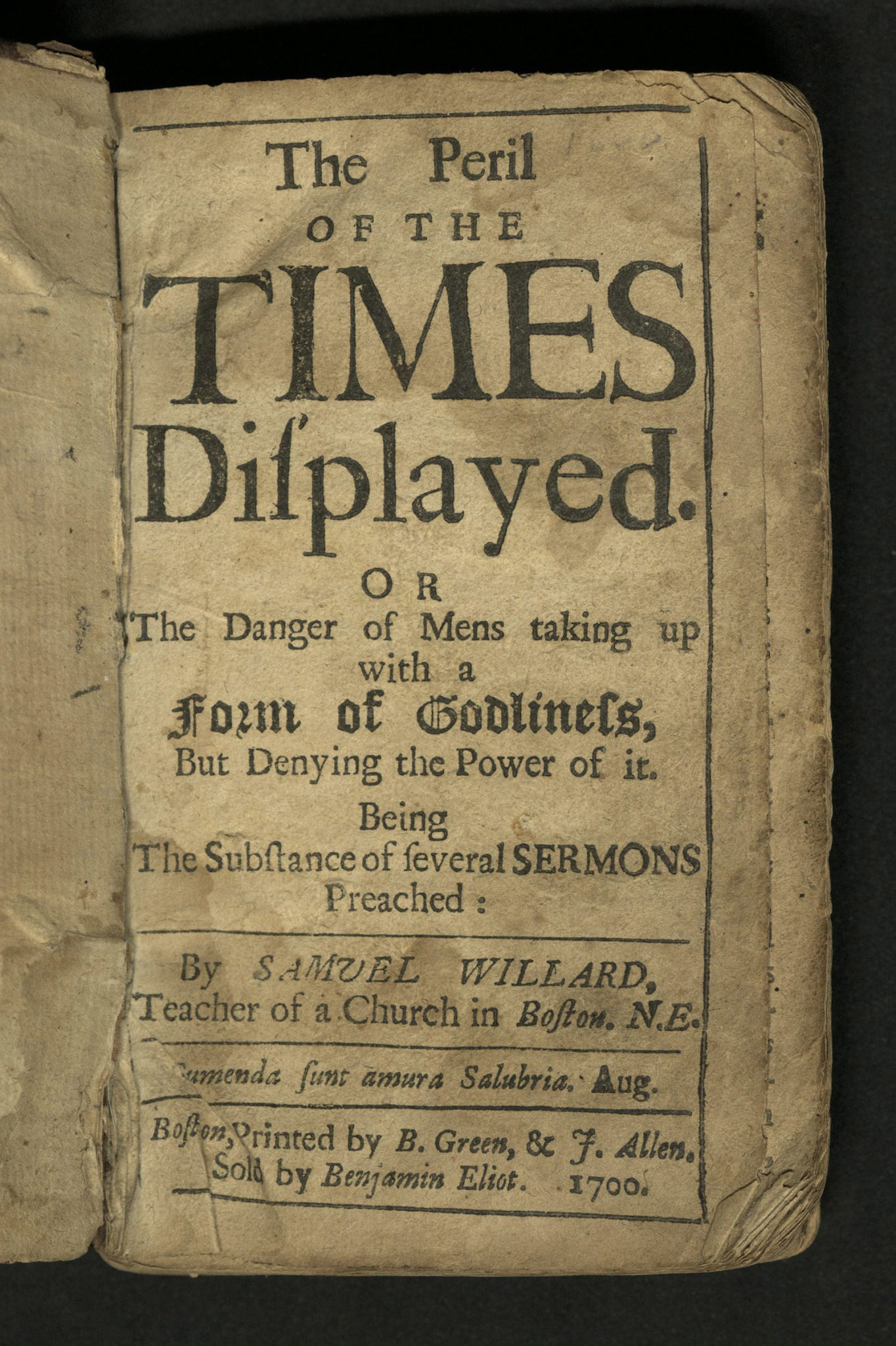
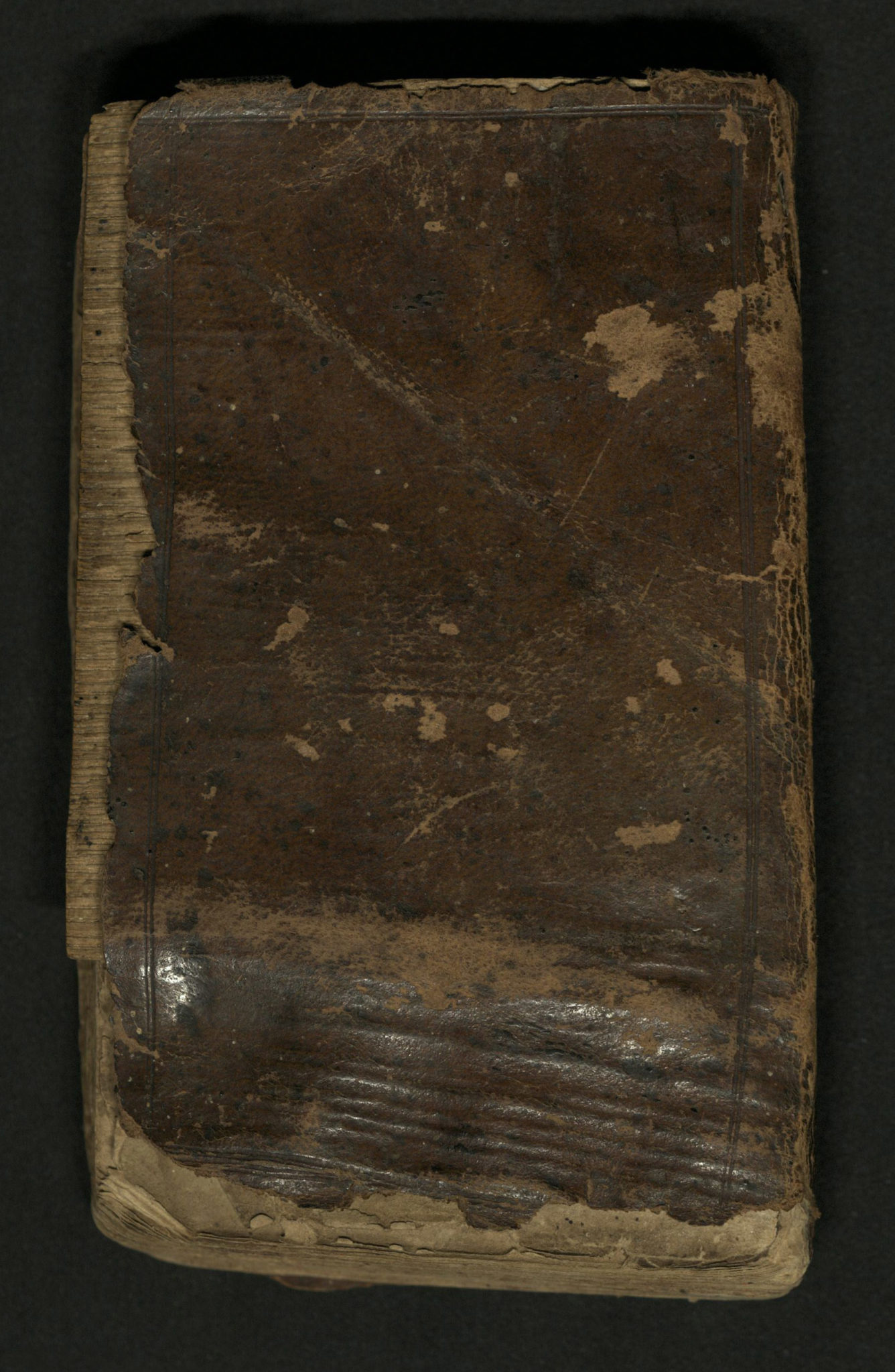
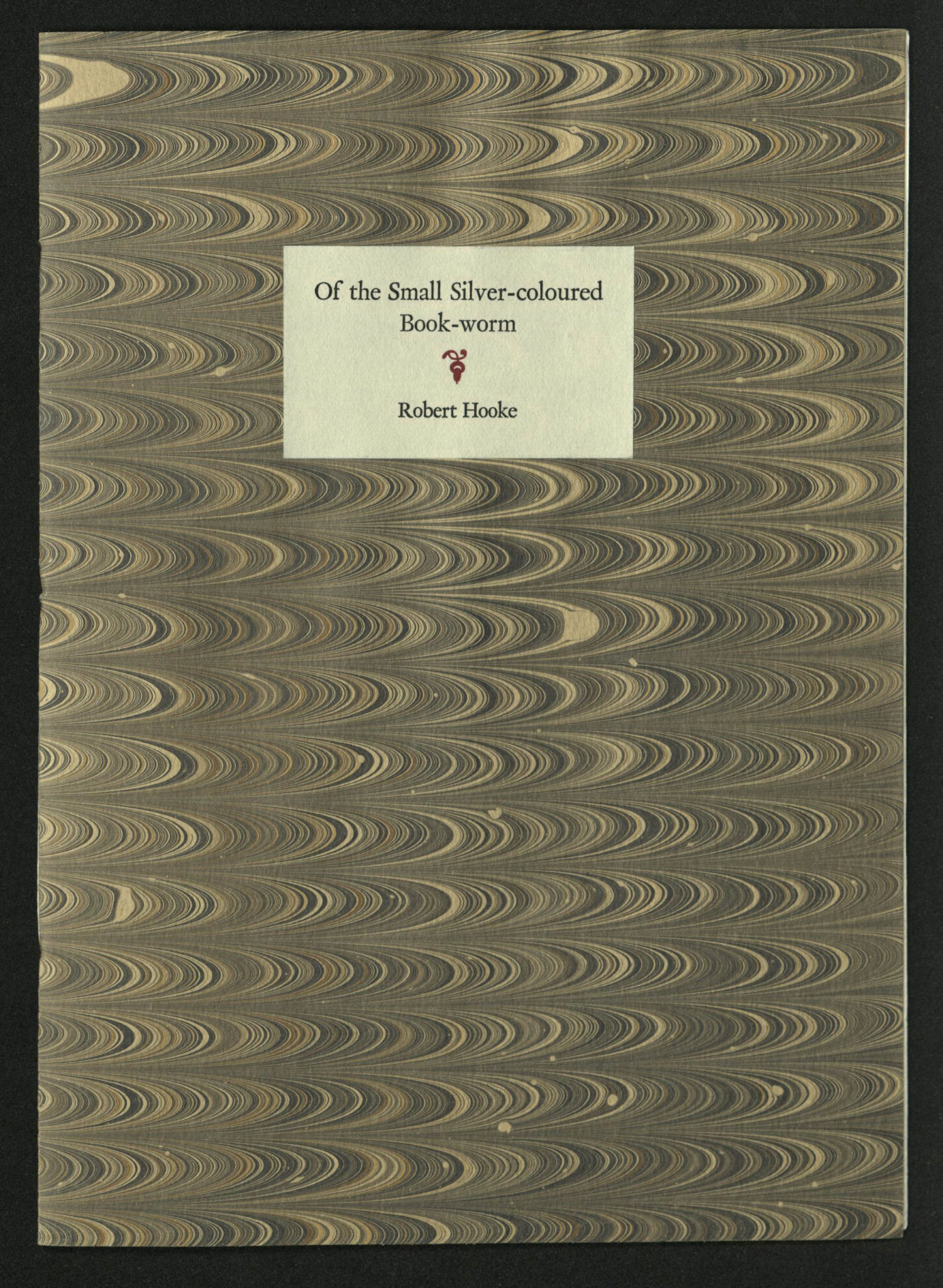
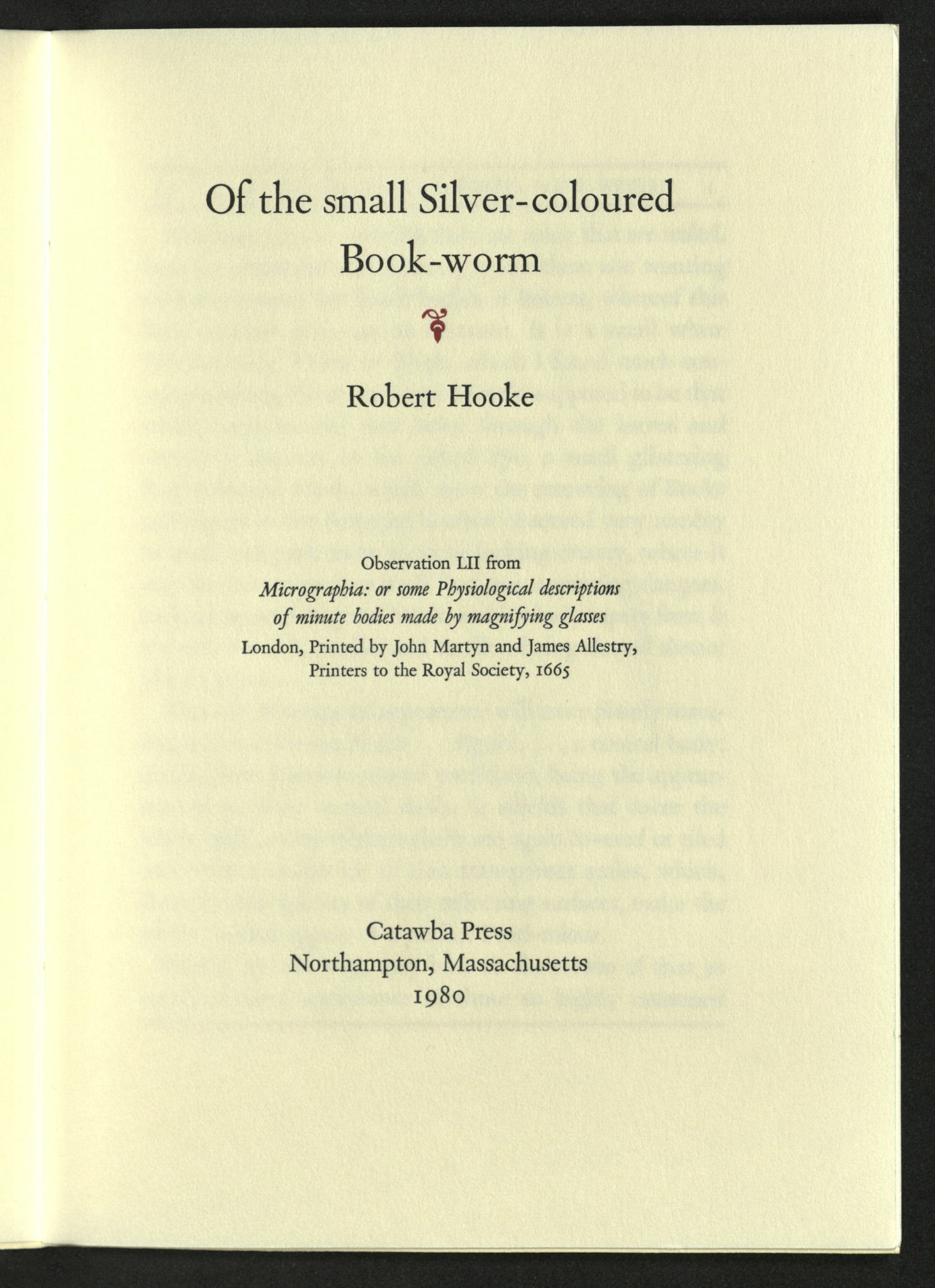
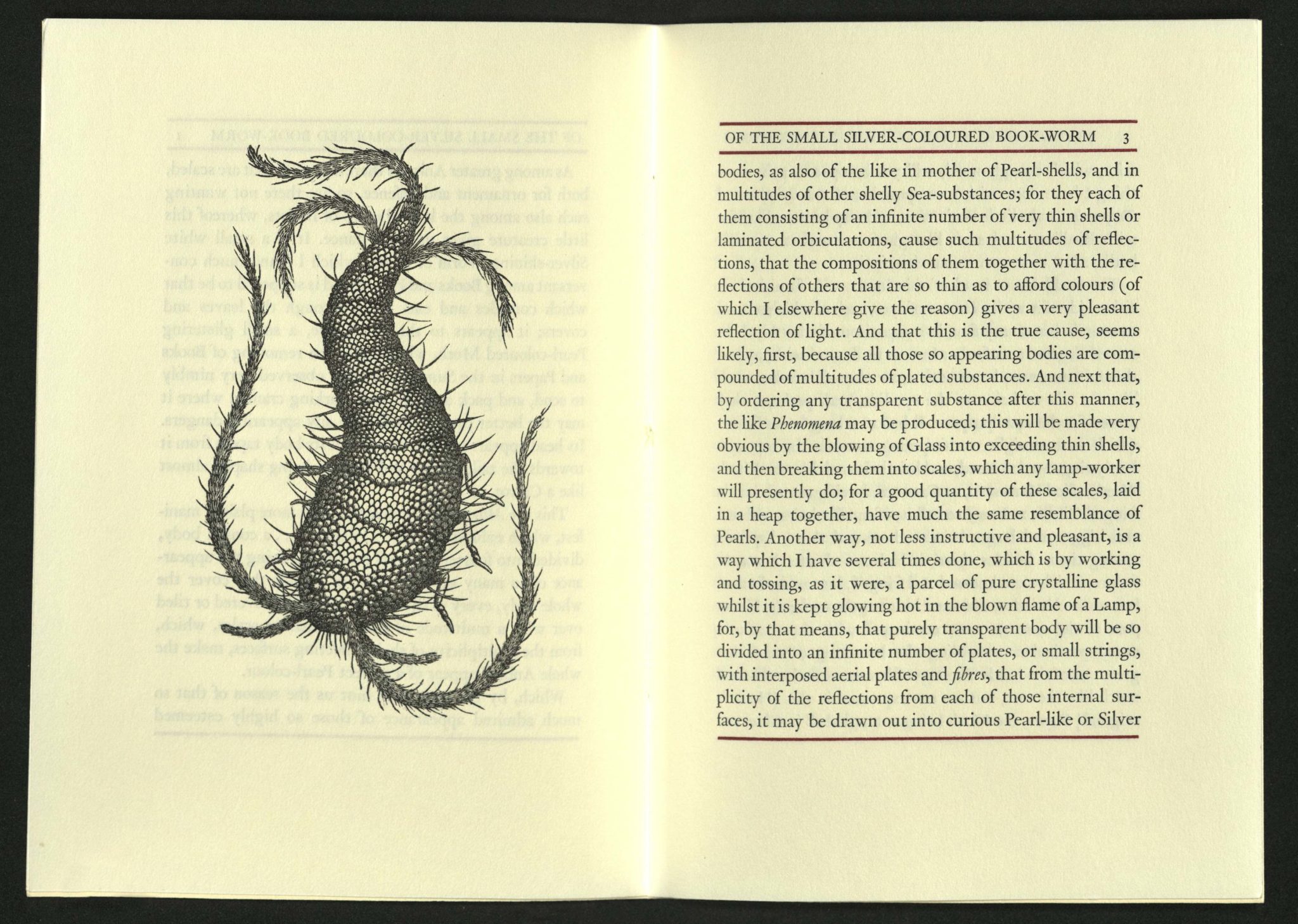

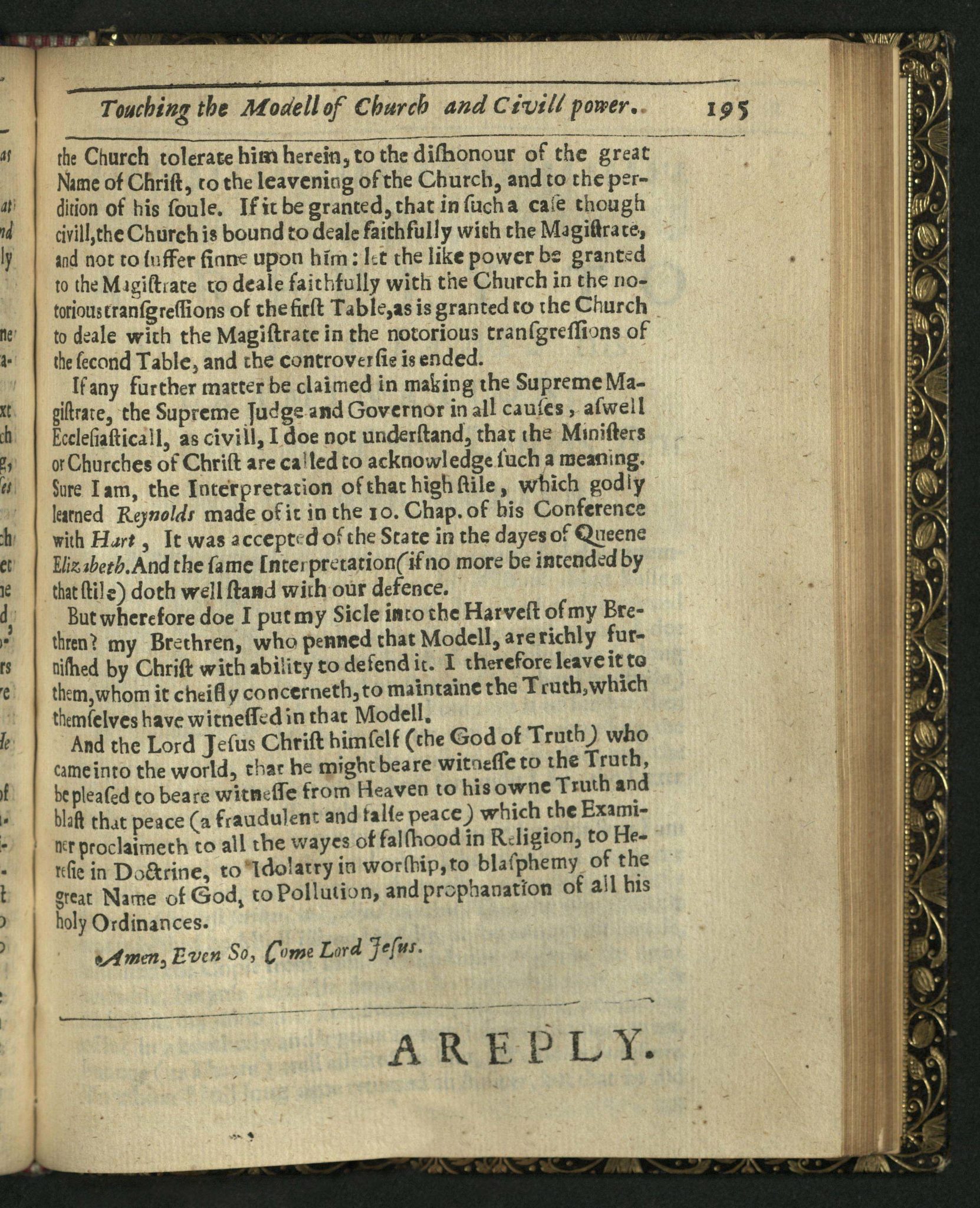
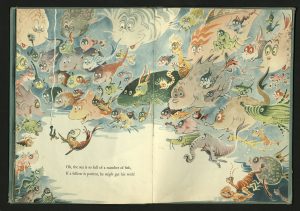
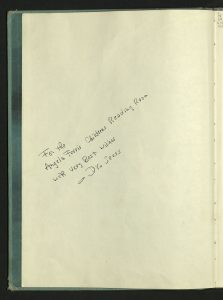
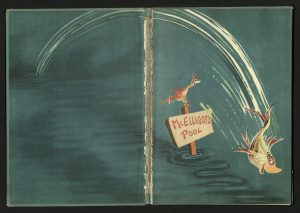
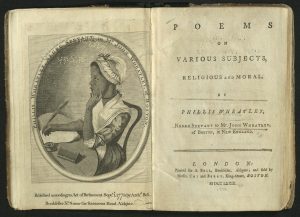
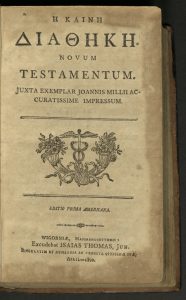
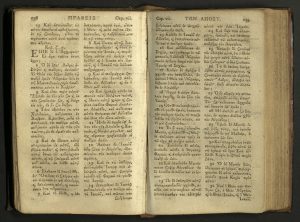
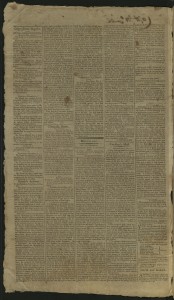
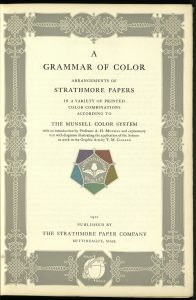
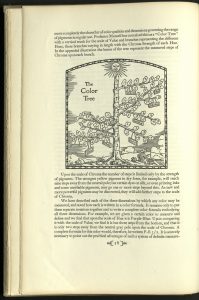
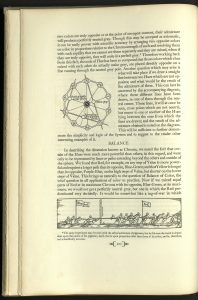
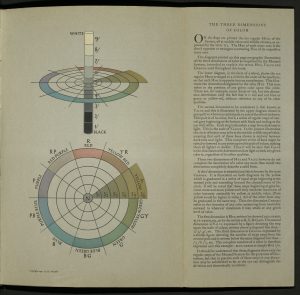
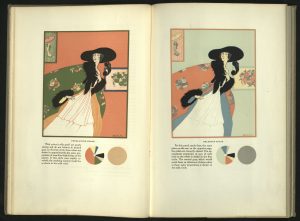
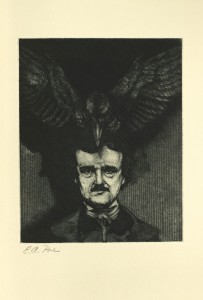
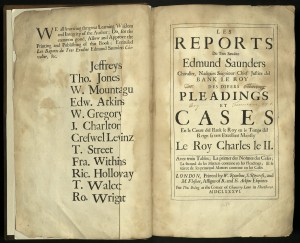
You must be logged in to post a comment.